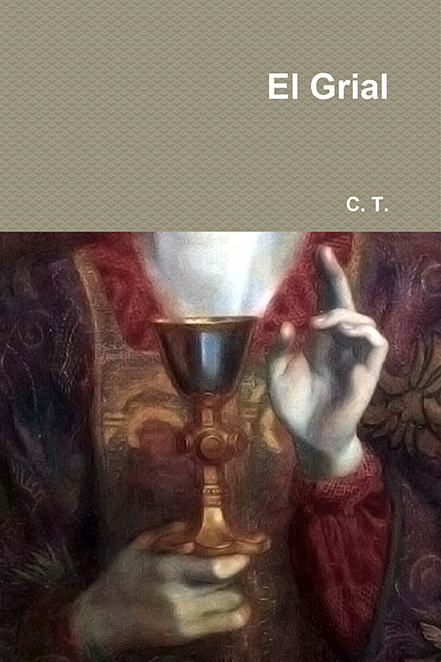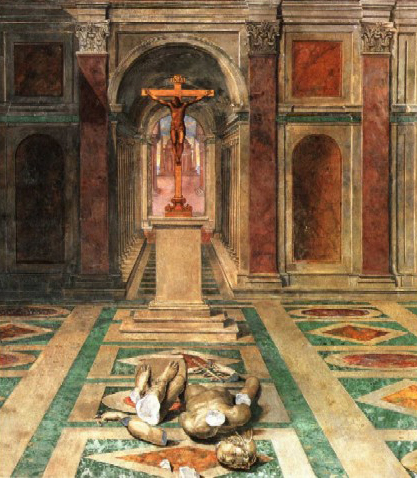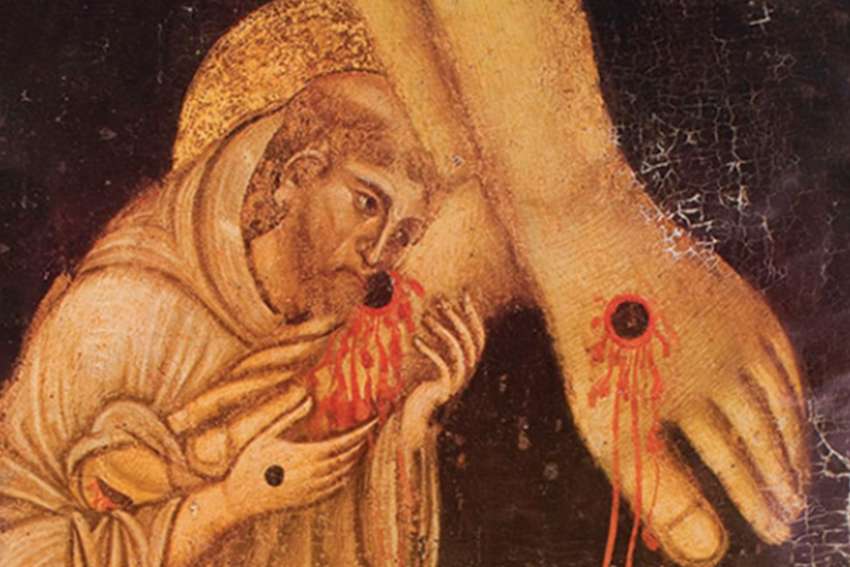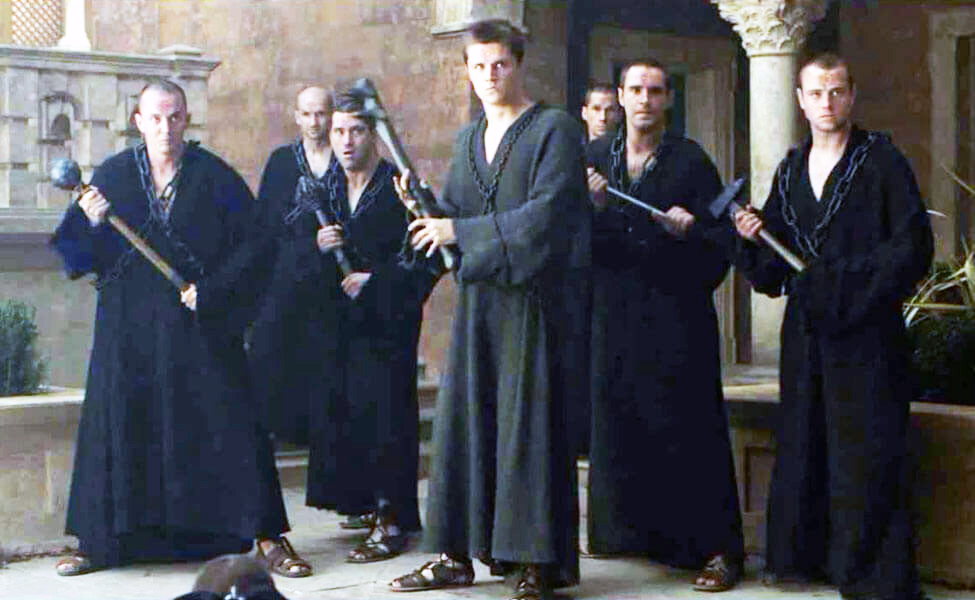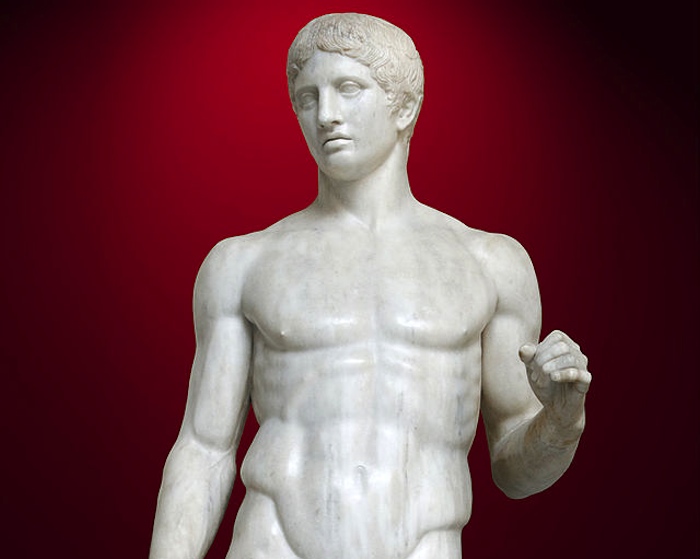Stefan Molyneux was recently expelled from YouTube and his thousands of videos, deleted. Yesterday, they also kicked him out of Twitter. For one thing, that’s fine, as Moly, whose mother was Jewish, was always a gate-keeper on the Jewish question. And it is impossible to understand what happens to the West unless someone expands the JQ into what we have been calling CQ, the Christian Question.
However, the day before yesterday, before being expelled from Twitter, Moly was interviewed by a Christian who still has his YouTube channel. Moly said something in the context of parent-child abuse, a topic that I consider my forte: ‘People used to have their fathers’ wounds heal with their relationship with God’.
Very true! And what is happening now in the Aryan collective unconscious is that, since they took away their (((god))), now they have no choice but to imitate, albeit secularly, Jesus through their own self-immolation as in the recent negrolatric events.
Speaking of Twitter, Will Westcott has been a white advocate who uses that platform and says very sharp things. Yesterday for example he said: ‘Liberalism is a state backed religion. Dissent and freedom of speech is not allowed. Heretics will be dox’d, fired from their job, arrested, and charged with a hate crime’.
I don’t mind the word liberalism, but I would have said it this way: Neochristianity, or following Jesus through secular self-immolation, is a state-backed religion. Dissent and freedom of speech are not allowed. Apostates of neochristianity will be dox’d, fired from their job, arrested, and charged with a hate crime.
Westcott recently also tweeted, putting up an image of the Constantine statue, ‘Constantine at York statue is incredibly powerful. The authority, the glamour, the supremacy of the Imperator is so far beyond any leader of our current age who would be worthy of such representation’.
I strongly called Westcott’s attention, leaving him a link to the PDF of The Fair Race and suggesting that he read the first part of the book, which is about how Constantine should be considered the greatest imaginable villain in the history of the ancient world.
Unlike Westcott, Robert Morgan does have a clear notion of the damage that Christianity did to the white race. In his most recent comment he wrote:
The fish doesn’t perceive the water he swims in; or as Ellul put it, when a propaganda has triumphed completely, it disappears from view as propaganda. Then it becomes the normal, replacing whatever existed before with itself. Christianity conquered the West so completely and uprooted paganism so thoroughly that nothing remains in the culture that opposes it. There are only various Christian heresies, some of which, like Marxism, accept the Christian moral outlook on the so-called “brotherhood of man”, but relegate belief in Jesus to an optional accessory, or even oppose it. Gone with paganism is the white man’s primeval joyousness, his celebration of himself as depicted in the sculptures of ancient Rome and Greece. Gone is his sensuality and love of life; gone his love of victory; gone his pride. He learned from Christianity to despise himself, be ashamed of sex, and look forward to death.
And in another comment he added:
A prominent feature of today’s totalitarianism is a 1984-style Anti-Sex League. This operates synergistically with the Puritanical view of sex fostered by Christianity, and now persists as Christianity’s cultural residue even among those who aren’t religious, or even consider themselves anti-Christian.
This is very true and we must analyse it.
Almost without exception, all white advocates ignore, like Westcott, that the anti-white zeitgeist in the collective unconscious of the white man was born in the times of Constantine. That is why it is so important to read Evropa Soberana’s essay in that first part of the book that I compiled. However, reading it is only the beginning to amend our ways, as we shall see in this post.
An individual who truly transvalues all values detects reminiscences of the Christian ethos even in the harshest novel a white advocate has written. I have already talked about this but it is worth repeating. The Turner Diaries contains a passage in which it is said that the Order would take a freedom fighter to the firing squad if he rapes a woman who also belongs to that liberation movement.
The first thing to consider here is that Pierce wrote his novel before the movement of frustrated men emerged on the internet analysing women’s psychology to the point of understanding it. In short, women only become bad if they don’t have many children, just as men become bad if we fail to kill the enemy.
In the context of war, the life of a man is worth infinitely more than the life of a woman, and this is where Pierce erred. One of the toughest episodes during Julius Caesar’s war in Gaul happened when those on Vercingetorix’s side had to expel Gallic women and children from a besieged fortress, as the food was scarce, and it was understood that without the precious life of the male warriors the war would be lost.
Unlike the above anecdote, which shows how precious the male life is during wartime, in the reader’s mind that passage from Pierce’s novel which is very brief, only demoralises the would-be soldier. In total war what counts is to kill, genocide, exterminate, and not leave stone upon stone of the enemy culture as the Romans did in Carthage. Occasionally, this Blond Beast is allowed to rape even the women in his tribe. Although the Vikings TV series is as flawed as Game of Thrones to describe the spirit of yesteryear, I remember in one of the episodes of the first season that Rollo raped a woman from his village simply because he fancied her.
For the white advocate who wants to do something for his race, and even for the Pierce who wrote that passage, it would be absolutely inconceivable if you carried that barbarism into the world today. True, once there is a social contract in a pure white society (think of the Jane Austen or Downton Abbey worlds), rape should not be allowed. But in those societies the institution of marriage (every Jack had his Jill) was rock solid.
The point is that we do not live in times of early or late Victorianism. We live in the time when Christianity (cf. once again Soberana’s essay) has been axiologically transformed into a neochristianity whose goal is that whites immolate themselves.
In these times, the only thing that matters is to disabuse the Aryan man from the lie of millennia as Nietzsche would say. (Hence the priest of the 14 words’ first guideline: ‘Speak only to Aryan males’.) What Morgan says in his second quote could be illustrated not only with the case of the Viking Rollo raping a woman from his village, but with the siege of the Vercingetorix warriors, although now seen from the Roman side.
Homer describes Ganymede as the most beautiful of mortals, and in one version of the myth, Zeus falls in love with his beauty and abducts him to serve as cup-bearer in Olympus. Although Zeus was basically hetero and always had countless affaires with goddesses and human women, he wanted to know what the cute brat tasted like (Lol!). Imagine that one of Julius Caesar’s centurions, a married man with children in a distant village, as most soldiers was sexually starved in the camp. Following the example of Zeus-Jupiter, he fancied a teenager as androgynous as Giton, whom I alluded to recently in this comment, and adopted him as the cup-bearer of his tent.
Who in the Roman world would care, in times of war, that this centurion felt that infatuation for the ephebe? Who the hell would tear their clothes like even racist ‘anti-Christians’ would do today, so loaded on their backs with the ogre of the Xtian superego?
 These two examples illustrate what Morgan says in the quote above. Just as Westcott apparently had no inkling of the role Constantine played in the destruction of the ancient world, contemporary racists, even so-called anti-Christians, remain slaves to the moralism dictated by Moses rather than the morality of Homer.
These two examples illustrate what Morgan says in the quote above. Just as Westcott apparently had no inkling of the role Constantine played in the destruction of the ancient world, contemporary racists, even so-called anti-Christians, remain slaves to the moralism dictated by Moses rather than the morality of Homer.
Many people, even those who have congratulated me on this site for the texts I have translated unmasking Christianity, have no idea what the phrase ‘transvaluation of all values’ means.
It means: Be humble!
Be humble enough to recognise that we committed a blunder seventeen hundred years ago. Constantine’s mistake that may cost the race its very existence meant exchanging the beautiful Aryan Gods and the mores accompanying them for the nefarious god of the Jews.
If the white race is heading towards extinction it is due to the pride of refusing to see something so obvious.

